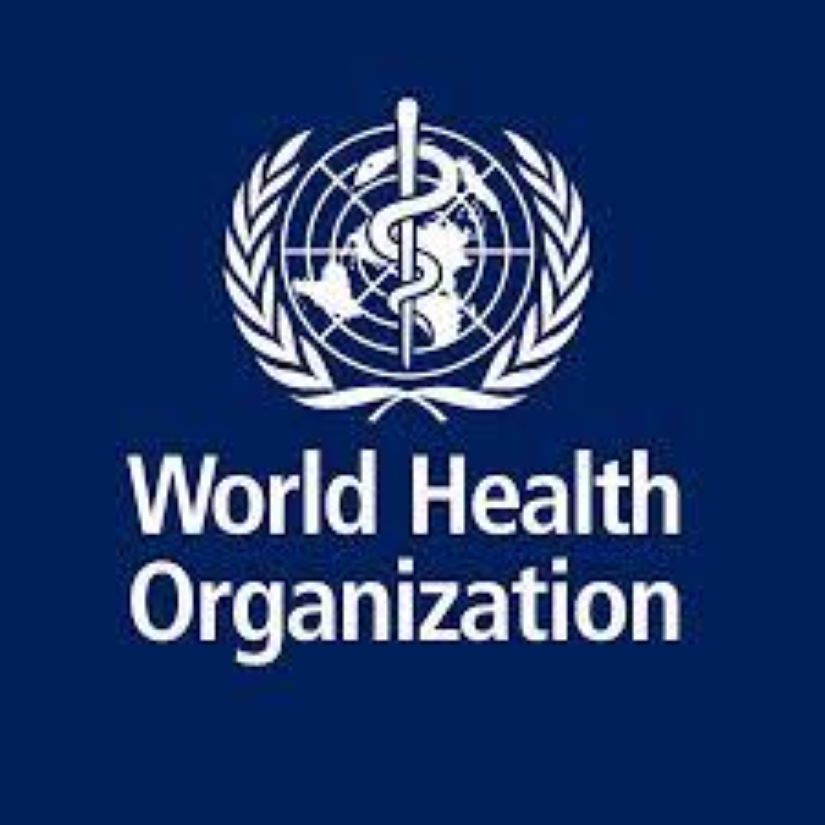By Hassan Zaggi
The World Health Organisation (WHO) have expressed concern over the financial barrier to accessing blood in the Africa sub-region.
It, therefore, insisted that governments at all levels must work hard to ensure access to safe blood by all residents of the region.
In a statement to mark the 2023 World Blood Donor Day, the WHO Regional Director for Africa, Dr Matshidiso Moeti, lamented that blood collection remains low at an average donation rate of 5.9 units per 1000 people compared to 33.1 donations per 1000 people in high-income countries.
She, therefore, called on governments, partners, and all stakeholders to mobilize support at district, national and regional levels to invest in strengthening and sustaining blood programs.
“Of concern is the financial barrier to accessing safe blood. In the WHO Africa Region, patients pay, on average, US$ 42 out of pocket to access safe blood[1].
“Results from a survey conducted in 2022 revealed that 16 countries out of 39 that took part in the survey, had more than 80% of voluntary non-remunerated blood donation (VNRBD), and 19 countries had less than 50% of voluntary non-remunerated blood donation.
“Thirty countries reported that plasma-derived medicinal products were listed on their essential medicines list[2]. These statistics show that there is a need for more work to be done in the African Region to improve access to safe blood and blood products,” Dr. Moeti said.
She called on leaders in the region to address the nagging challenges to ensure sustainable access to safe and quality-assured blood and blood products for needy patients. “Through our collaborative efforts, we must raise adequate and sustainable funding and increase blood donation rates. “We also need to build the capacity of countries to separate donated blood into its components such as red cell concentrates, platelet concentrates, fresh frozen plasma, and cryoprecipitate, and curb inappropriate clinical transfusion practices.”
The WHO Regional Office for Africa, according to her, is working with partners to leverage expertise and available resources in the region to ensure improved access to supplies of plasma-derived products through the fractionation of domestic plasma.
She commended individuals who donate blood and encourage “all of us to join efforts to ensure access to safe blood for all in need.
“While doing so, let us remember the health of blood donors. The African Region would like to focus on donor health and the quality of donor care as critical factors in building donor commitment and a willingness to donate regularly.
“I would like to emphasize the critical roles of regular voluntary unpaid blood and plasma donations in achieving universal access to safe blood products for all populations.”
[1] WHO African Region status report on blood availability, safety, and quality (2022). https://apps.who.int/iris/handle/10665/363421
[2] WHO African Region status report on blood availability, safety, and quality (2022). https://apps.who.int/iris/handle/10665/363421



